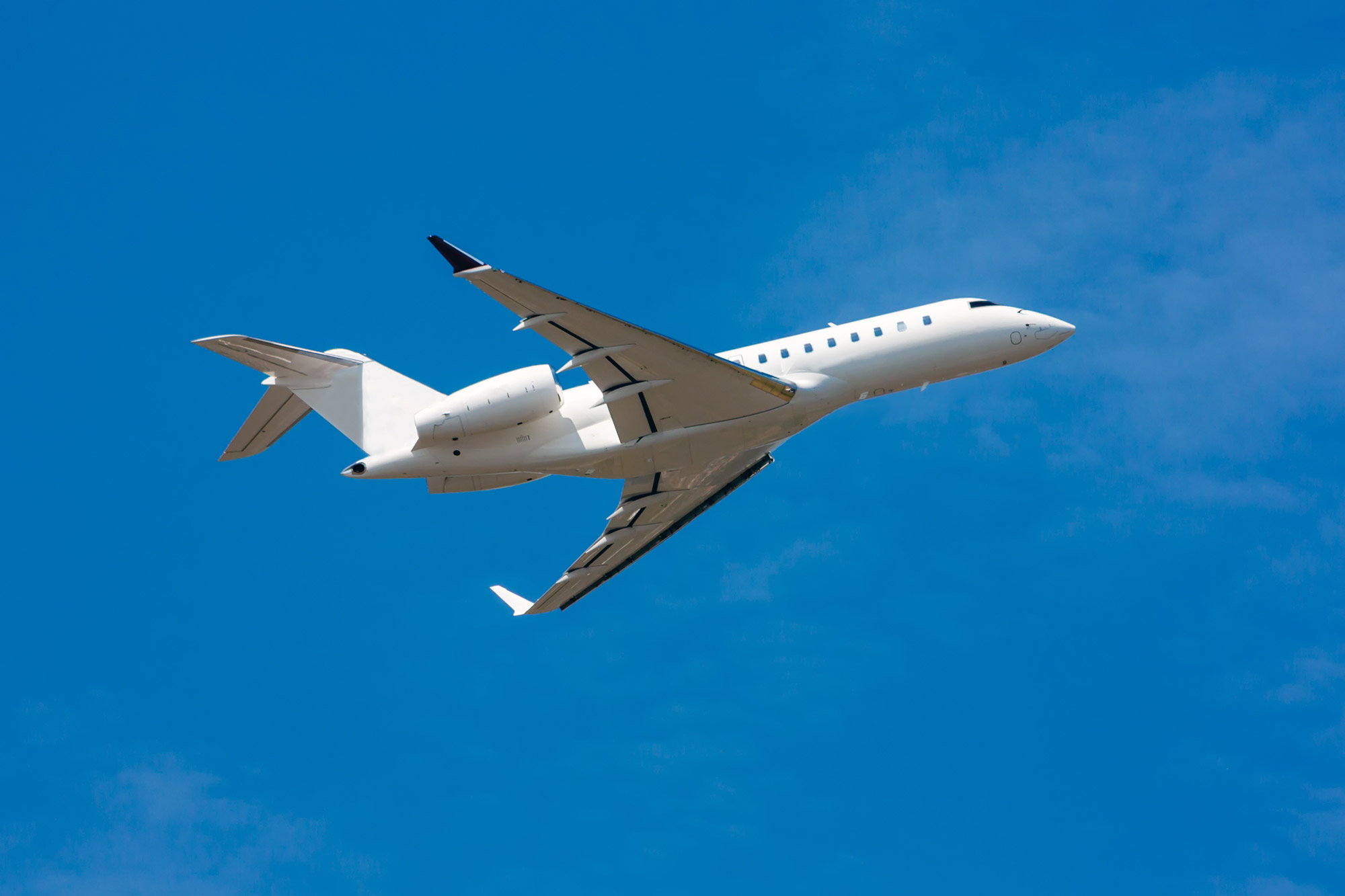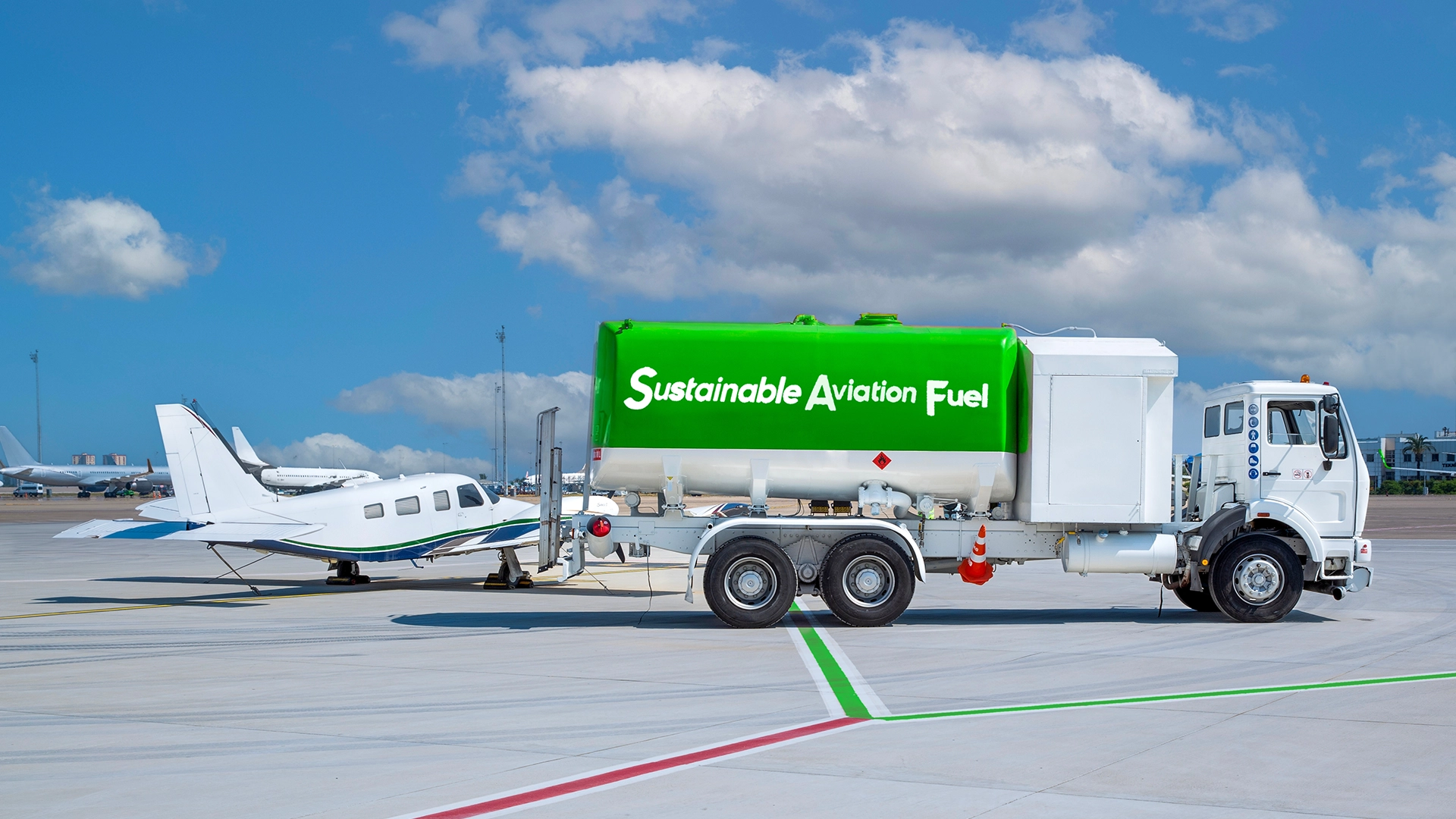
Jet fuel
The June 21 opinion piece (“Taxpayers shouldn’t subsidize billionaires’ jet fuel”) about the value of sustainable aviation fuel (SAF) needlessly distorts the facts about the fuels’ potential, and vilifies an aviation sector that is essential to the nation’s economy and transportation system.
First, with regard to the fuels: SAF, which is made from renewable biomass, waste-based feedstocks, and other sources can be used today, and it reduces aviation lifecycle greenhouse gas emission by as much as 80%. The need to advance the production, availability and use of the fuel is a priority for the White House and Congress, not dissimilar from bipartisan efforts to promote other eco-friendly energy sources, including electric, solar and wind power.
Second, with regard to business aviation (a term referring to the use of small non-airline airplanes for business travel): This sector – located in every U.S. state – supports more than one million American jobs, contributes approximately $250 billion to the nation’s economy, connects remote communities without airline service, serves as an incubator for new sustainability technologies, and provides critically needed lift for humanitarian missions.
In short, what the opinion piece chooses to ignore is that the need to support both sustainable aviation fuels and business aviation is well understood among Washington policymakers as essential in ensuring mobility and advancing sustainability.
Luigi Campanale
Senior Project Designer – The Jones Payne Group, Inc.




